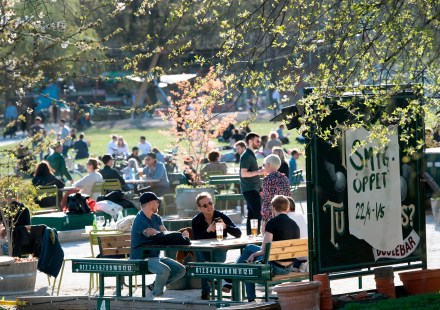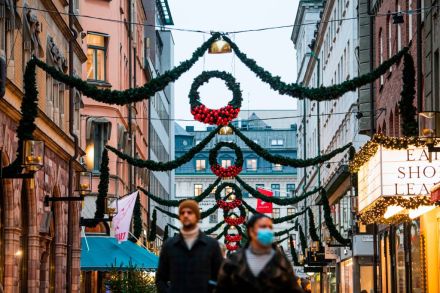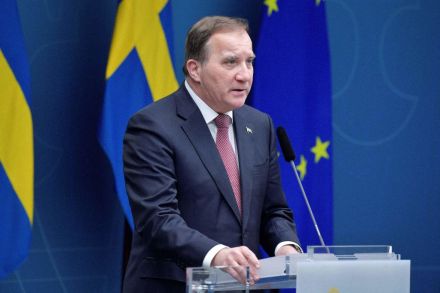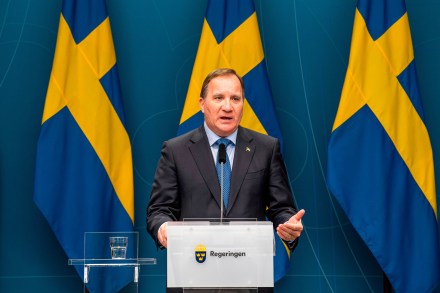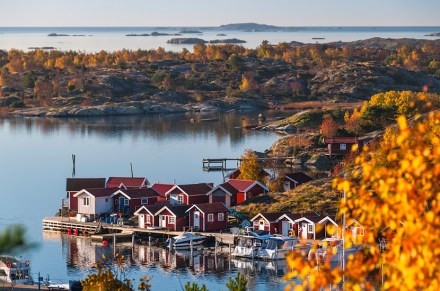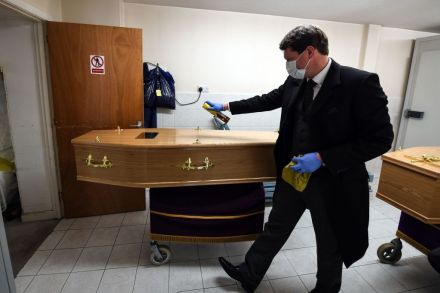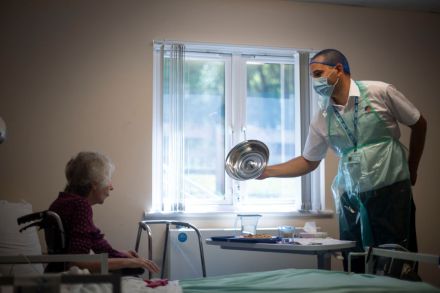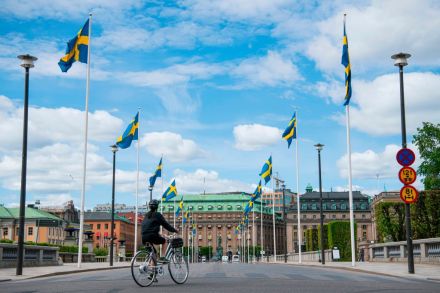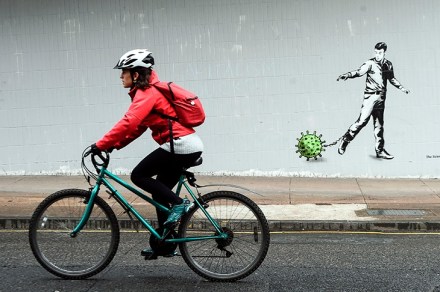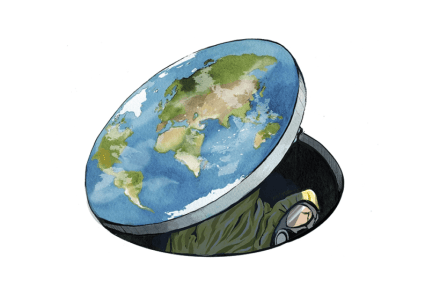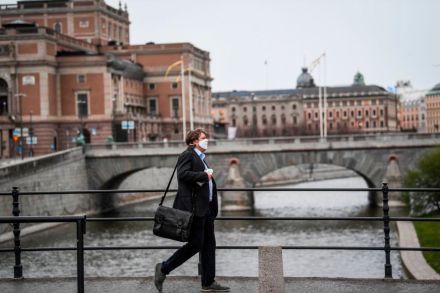Sweden, Covid and lockdown – a look at the data
Over the last year, the debate about lockdown has been driven to extremes – everyone has, by now, made up their mind. Sweden has been used as an example of either a liberal heaven or Covid hell. To the outside world, Sweden is a country that defied lockdown, carried on regardless and ended up with what is (now) the highest case-rate in Europe. In reality, Sweden shows that you don’t need lockdown to significantly reduce mobility: it forced down two waves. It failed to protect care homes, leading to a scandal of thousands of avoidable deaths. But the question is whether, by avoiding lockdown, it managed Covid while minimising damage to the economy,
